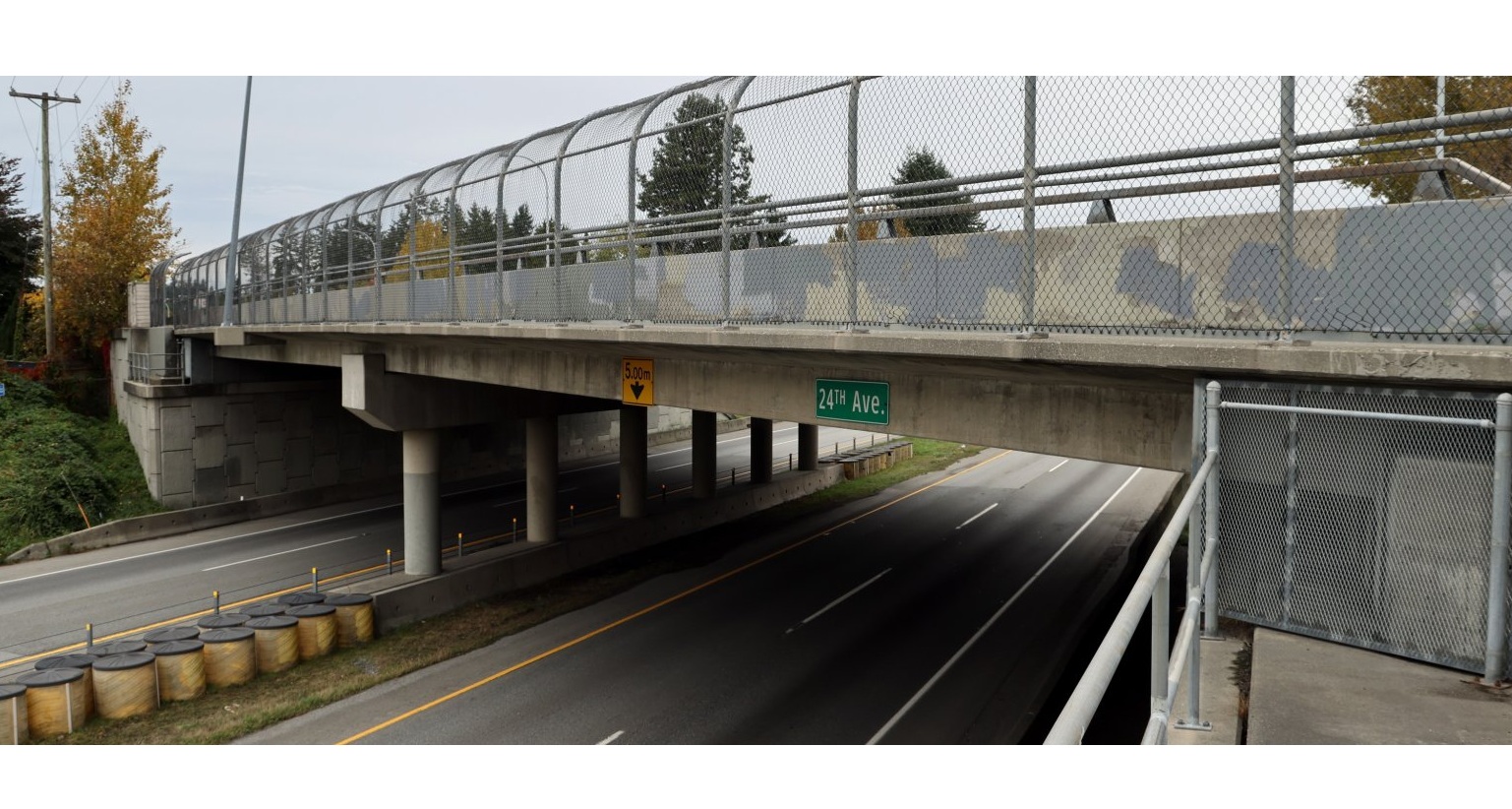Researchers Investigate Cancer Risk Among Night Shift Workers
Are night shift workers at higher risk of cancer due to gut microbiome changes? The BC Cancer Research Institute is launching a study to find out. Researchers aim to understand how night shift work may alter gut bacteria and potentially increase cancer risk, focusing on breast, prostate, and colorectal cancers.
Dr. Parveen Bhatti, lead investigator, explains that prior studies suggest a strong link between night shift work and cancer incidence. “The totality of the evidence is very compelling,” Dr. Bhatti says.
The Role of the Gut Microbiome
The study will explore whether disruptions in the gut microbiome contribute to cancer risk. Factors like sleep disruption, diet quality, and reduced physical activity during night shifts may impact the microbiome, influencing inflammation, immune function, and nutrient absorption.
“Night shift work is essential in our 24-hour society, so we need research to understand its biological effects and develop risk-reducing strategies,” Dr. Bhatti adds.
Who Can Participate
Dr. Bhatti and colleagues Dr. Rachel Murphy and Dr. Amee R. Manges are inviting volunteers from B.C. and Alberta. Both night shift workers and day shift workers are eligible. Participation takes about one hour and is designed to be minimally invasive while supporting impactful cancer research.
Participants will complete a questionnaire on lifestyle, work schedules, and demographics. They will also collect a stool sample at home, which researchers will use to analyze gut microbiome patterns. A 24-hour food recall will accompany the sample collection. Volunteers receive an honorarium for their time.
Eligibility Requirements
Participants must:
- Be 18–65 years old
- Work at least two shifts per week for the past six months, either day or night
- Have regular bowel movements
- Have no personal history of cancer or diagnosed sleep disorders
- Avoid recent travel across time zones, melatonin supplements, pregnancy, or antibiotics in the last six months
Contributing to Vital Cancer Research
This study aims to uncover mechanisms behind cancer risk in night shift workers and inform interventions that could prevent thousands of cancer cases annually. Researchers hope volunteers will help shape tomorrow’s cancer prevention strategies today.



























